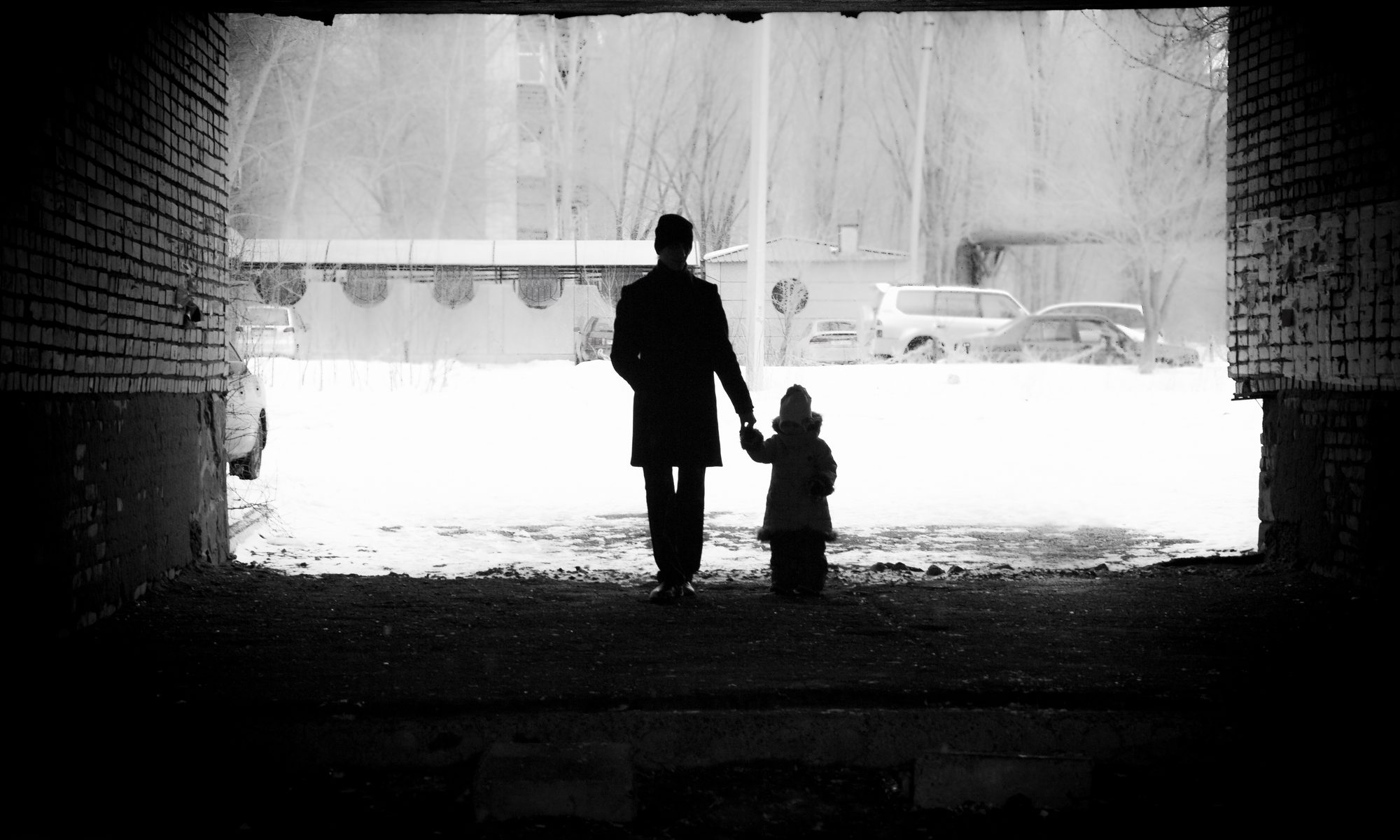My colleagues here at The Prindle Post have, over the last several weeks, been engaged in a thoughtful discussion surrounding anti-natalism, the view on which it is (at least in part) unethical to have children. Laura Siscoe raised an interesting objection to the anti-natalist view: insofar as the vast majority of people prefer existence to non-existence, and we have no reason to think that future people will be any different, Siscoe argues that anti-natalism is likely to be objectionably paternalistic. Benjamin Rossi, in his response to that article, argued against Siscoe’s position by raising a counterexample: he argues that if anti-natalism is objectionably paternalistic, then so are all forms of birth control, and insofar as Rossi takes this conclusion to be unintuitive, he thereby rejects Siscoe’s argument. In explaining why he believes Siscoe’s argument gives rise to these unintuitive conclusions, Rossi points the blame at Siscoe’s idea of what makes paternalism objectionable — a key idea in the broader debate.
Here, I don’t intend to resolve the debate, or come down authoritatively on one side of it — rather, I (cheekily) intend to complicate it further. I’d like to focus on the concepts which underlie the debate, namely those of paternalism and objectionable paternalism, and ask if we’ve truly captured the heart of the question at hand.
First, let’s be clear as to what has already been said. Siscoe defines paternalism as “interference in the freedom of another for the sake of promoting their perceived good,” and identifies paternalism as objectionable, in the case of people who will exist in the future, when it “contradicts the strongly held desires of future people.” Rossi assents to Siscoe’s definition of paternalism, but disagrees with what constitutes objectionable paternalism: he argues that paternalism is objectionable “if it interferes with a person’s exercise of their ability to act as they want, where that person is entitled to such exercise under the particular circumstances of their choice.” It is the notion of entitlement which is key in Rossi’s argument. He concludes his essay with: “If this account is correct, then to make good on the claim that choices to refrain from reproduction … are objectionable, Siscoe must establish that future people have a right to exist, and not just that they very likely would want to exist.”
I think that all three of these definitions have a grain of truth, but are flawed in important ways.
First, let’s take the definition of paternalism which Siscoe and Rossi employ: “interference in the freedom of another for the sake of promoting their perceived good.” This is a good approximation of paternalism, but misses a vital aspect of how paternalism is implemented in practice: paternalism is rarely about promoting someone’s good, and is much more frequently about preventing someone from coming to harm. Now, this may seem like an obtuse distinction to make, but consider the examples of paternalism which Siscoe and Rossi discuss: Siscoe references seatbelt and anti-drug laws, and Rossi discusses the example of a parent stopping a child from playing hopscotch along the edge of a roof. These are not examples of paternalism for the sake of increasing the subject’s well-being, but are instead fundamentally about preventing the subject’s well-being from becoming worse. Or, in more common terms: paternalism is about making sure you don’t hurt yourself, rather than making sure you maximize your potential.
Why is this distinction important? First, it shows where our concern really is when it comes to paternalism. Imagine a child who, with exceptionally hard work and dedication, would go on to become a graduate of the best law school in the country and an exceptional civil rights lawyer. Very few people believe in paternalistic policies which would force this child to do that hard work or have that dedication; however, we generally do believe in paternalistic policies which will make sure this child at least goes to school until they turn 18. This is because we, fundamentally, care about avoiding bad outcomes rather than continually forcing their well-being upward; and this, importantly, re-orients our discussion from benefiting the subject of paternalistic intervention to avoiding harm for the subject of paternalistic intervention. This re-framing reveals the second important point of this distinction: that in order for paternalism to make sense, we need to understand what harm is, and this is notoriously difficult. This is especially complicated in the setting of future peoples, as whether or not we can understand harm to future persons is an entirely open question, and casts doubt on the metaphysical backing which anti-natalists build upon.
But the waters only get muddier when we turn to the idea of objectionable paternalism. I agree with Rossi’s assessment of Siscoe’s definition: that objectionable paternalism cannot merely be that which “contradicts the strongly held desires” of the subject, as seemingly justifiable examples of paternalism (i.e., a parent pulling a child out of oncoming traffic) can involve strongly held desires on the part of the subject. However, Rossi’s suggested reformulation — that paternalism is only objectionable “if it interferes with a person’s exercise of their ability to act as they want, where that person is entitled to such exercise under the particular circumstances of their choice” — is also deeply incomplete. The problem here, in my appraisal, is the emphasis on entitlement. If you care about the moral value of autonomy, then this should trouble you: on Rossi’s view, you are only entitled to act without interference from paternalistic intervention in cases where you have previously demonstrated your entitlement to act in the first place. This is very different from our usual understanding of autonomy-based ethics, where the burden falls on the paternalist to demonstrate the ethical grounding of their intervention.
The difference between these views can be seen clearly in a simple example. Imagine a case where a patient refuses life-saving dialysis, but their healthcare team seeks an injunction to paternalistically force her to receive dialysis. In assessing whether or not this paternalism is objectionable, Rossi would have us ask: is the patient entitled to refuse dialysis? I would hold, however, that a different question is more important: do the physicians have a right to dialyze her against her will? These are two very different questions, and Rossi’s definition of paternalism seems to put the onus on the subject to demonstrate their freedom from paternalistic intervention, rather than on the paternalist to demonstrate the ethical grounds of their intervention.
These considerations, unfortunately, obfuscate the debate between Siscoe and Rossi, but they demonstrate an important pattern in ethical debates: the words we use matter, and, more often than not, the definitions which we attach to the ideas in our debates are the true heart of the disagreement, and the true question at hand.






